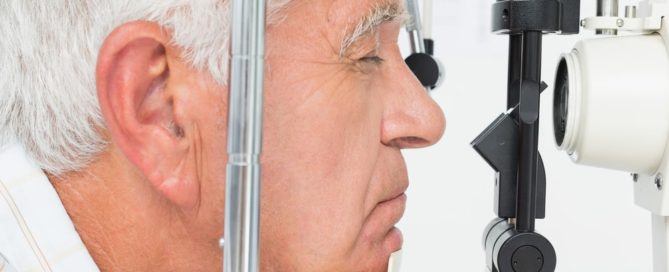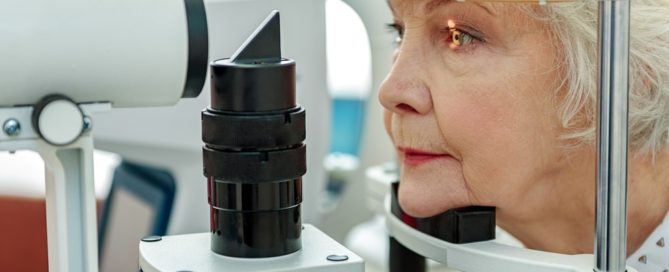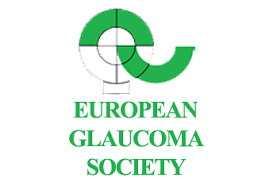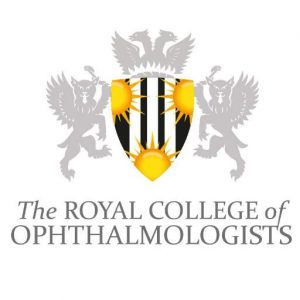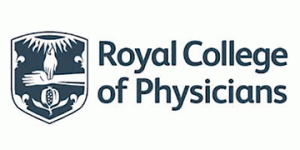News & FAQs
Glaucoma symptoms – 5 important warning signs you need to see a professional right away
Glaucoma in its commonest form is entirely asymptomatic and you cannot rely at all on noticing a change in vision or other eye symptoms to alert you to the possibility that you might have early disease. However, there are some important warning signs you should not ignore.
How your life feels like its shrinking before you get cataract surgery
Cataracts are a fact of life. The human lens ages as we get older and the lens inside our eye loses transparency over time. Just as we cannot stop wrinkles from developing, we cannot stop cataracts from developing entirely. You can counteract these changes in vision if you get cataract surgery.
Can you avoid blindness by checking for glaucoma at home?
Many of the patients who were registered blind in 2016-2017 potentially could have avoided this devastating vision loss if an eye healthcare professional picked up their glaucoma earlier. Don't be among those who rely on at home tests only to have their glaucoma fail to be detected until it's too late.
If you’re over 60 you can’t afford to wait another year for your next eye exam
Glaucoma, like diabetic retinopathy, has no symptoms in the early stages. The early stages are the golden opportunity to diagnose and treat the condition so that you never lose significant vision in your lifetime. Having a routine eye examination doesn’t hurt, is easy and doesn’t involve long waits for test results.
The one question every patient should ask about their glaucoma treatment – but doesn’t
Please, ask what your maximum eye pressures are before you start treatment and keep all copies of your medical reports. It makes managing your eye conditions much easier and much safer.
My top five tips for a speedy recovery after cataract surgery
If you're considering or are about to have cataract surgery, these tips will help you maximise your chances of a speedy recovery from the operation.
Accreditations and Memberships

I had the best experience working with Dr Crawley. I felt looked after and she took the time to get to know me. I would highly recommend her.

From the moment I met her to the moment I left, I was treated with great courtesy and kindness, and everything was explained to me in layman’s terms so I could fully understand my condition. I was immensely impressed.

“Thank you very much for seeing me yesterday, you were marvellous and a pride to the NHS”

Dear Laura,
Just a quick note to say thanks for looking after my mum Mrs M. so wonderfully. It was so good of you to take so much time and care as she was very worried about my appointment and you really made such a difference to my experience. Thank you.

Dear Angela and Laura,
Thank you very much for seeing me yesterday. You were both marvellous and a pride to the NHS. You could, if you two wish, send this to your line manager. Thank you again!

Dear Laura,
Enjoy your holiday and thanks for everything so far.
Best Wishes




